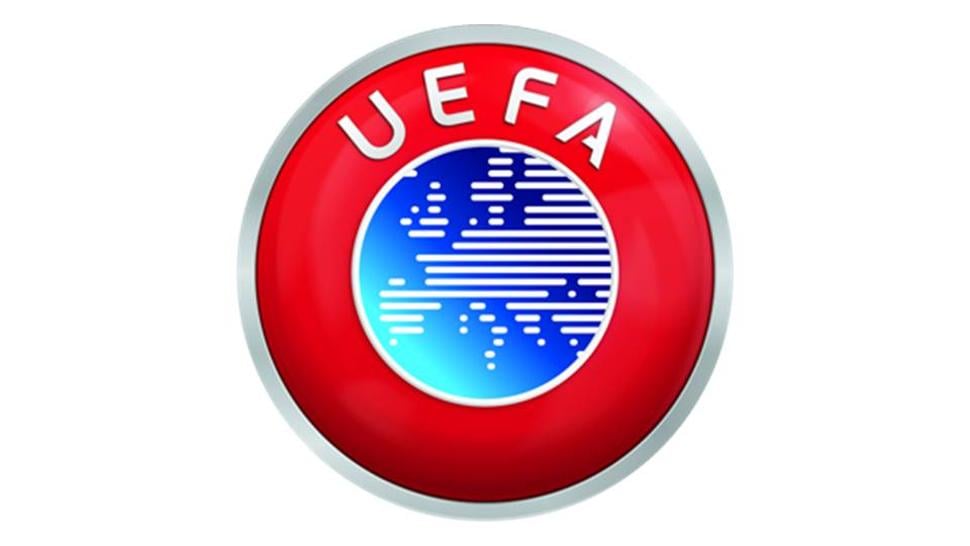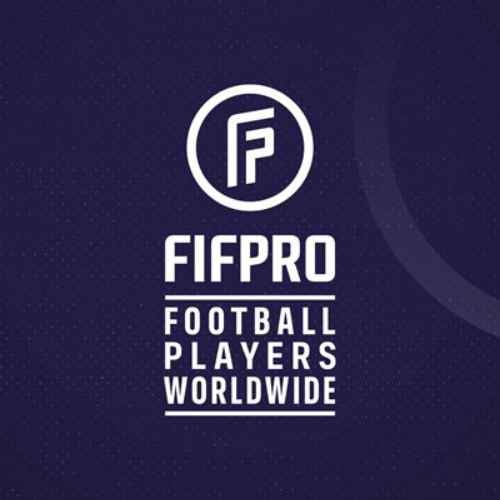UEFA introduces minimum standards framework for women’s national teams in Europe
UEFA has taken a significant step towards levelling the playing field for women’s football players across Europe by introducing a first-ever minimum standards framework for women’s national teams.
The framework, which was unanimously approved by the UEFA Executive Committee in June, sets out a range of standards encompassing provisions covering sporting, good governance, coaching, medical care, training, player welfare, accommodation and remuneration. Their development involved extensive consultations with players, coaches and FIFPRO Europe.
Support for national associations
Europe’s governing body will assist its members to draw up implementation plans adapted to their specific challenges in meeting the minimum standards. In addition, the framework will be supported via the UEFA HatTrick Incentive Programme, with a total pot of €22 million being made available to national associations until 2028 (€100,000 per national association per year).
Northern Ireland international Marissa Callaghan, one of 35 national team captains consulted in developing this initiative shared her enthusiasm, saying: "Setting minimum standards will make a significant difference for players across Europe in every aspect of national team football. Having a platform to discuss with fellow players and coaches was a positive and enriching experience. I look forward to seeing players continuing to be closely involved throughout this journey."
Best conditions to perform
"This project is an important one and is a starting point to raise the bar across all women’s national teams," said Nadine Kessler, UEFA Managing Director for women’s football. "Having the best possible conditions on and off the pitch is absolutely vital for players to perform and in return bring success to their national teams. We have a highly competitive landscape nowadays, so standards must be grown alongside them. Only then can teams unleash their full potential and we can safeguard the longevity of players’ careers."
Sarah Gregorius, FIFPro Europe Director of Global Policy & Strategic Relations for Women's Football, said: "We welcome this important step for women’s national team football, which is the outcome of an inclusive consultative approach involving players and FIFPro Europe. The framework promotes and incentivises standards that put the protection and needs of the players at its heart, and they thoroughly deserve this. We remain fully engaged for further positive developments to occur."
This programme is the latest in a series of strategic UEFA initiatives designed to grow, develop, and support women’s national team football. These include the introduction of a new competition system, consisting of the UEFA Nations League and European qualifiers.
Download the Framework here

 Global Summit 2024
Global Summit 2024